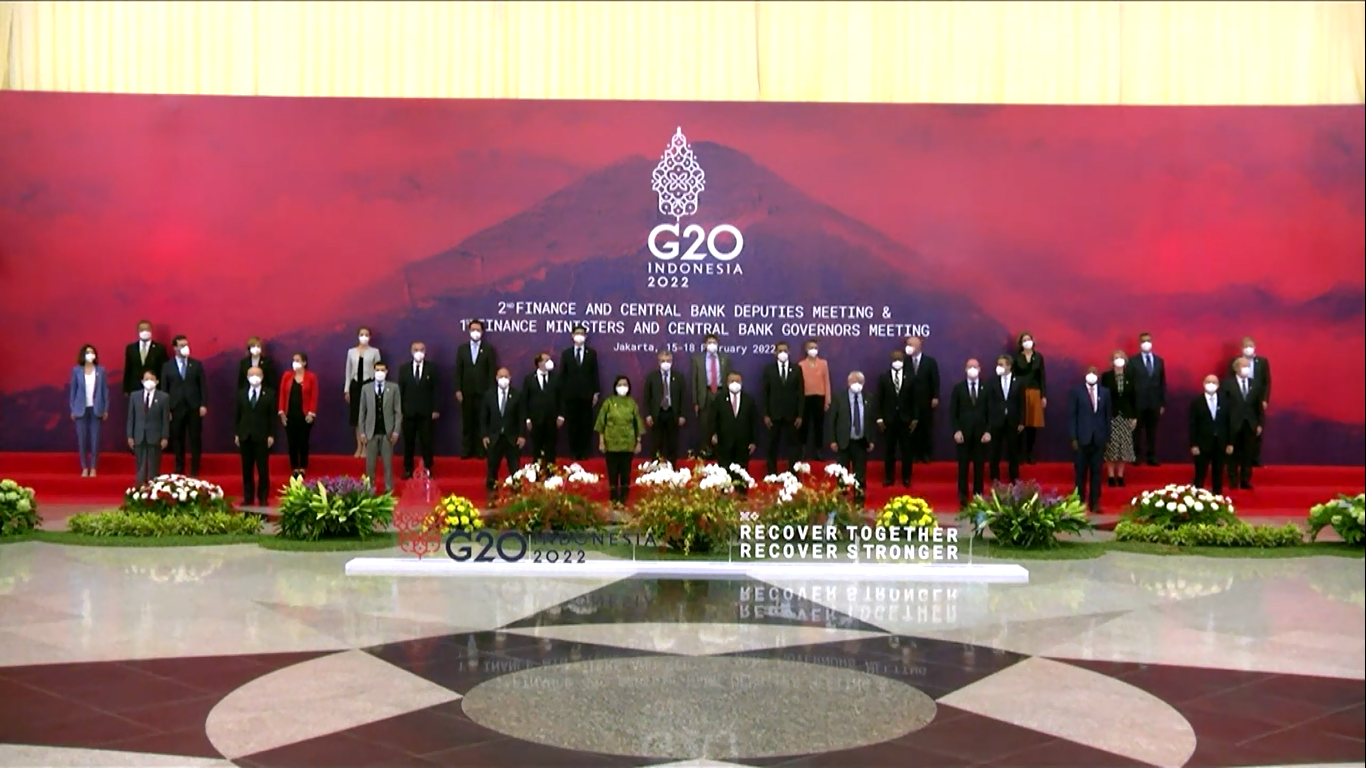
The world’s top leaders will soon get together under the auspices of the G20. It will be a rare occasion since the start of the Covid outbreak for all the big hitters to be potentially in the same room. It will be likely even be the first time in years that Chinese leader Xi Jinping will have stepped outside his country. Given the increased global tension, the forum representing chiefs of the top 20 leading world economies will present a unique opportunity to cool conflicts or potential disasters, be they mounting in the Taiwan Straits to the Ukraine War or other hot spots.
However, there is evidence that there are clear risks that this meeting could prove to be disastrous for building peace. Or it might just be a unique, wasted opportunity by some delegates more interested in settling scores than rationally moving to settling disputes, rhetorically, or improving the global economy. In fact, if all goes very poorly it could effectively mean the end of the G20. According to the South China Morning Post, the G20 being held this year in Indonesia has come under Western pressure to exclude Russia’s president from the gathering. The Kremlin has though confirmed that Vladimir Putin will attend the 15-16 November summit. Yet, even months before that Post report, the Chinese foreign minister put cold water on calls primarily from the West to expel Moscow from the G20. That expulsion clearly did not happen, but tempers have flared in important ways at other G20 events. The question is whether worse may happen in Bali where this year’s leaders’ summit will be personally hosted by the Indonesia president. After all, the conference chair has said he has no intention of withdrawing the invitation to the Russian president to come. So, can we expect fireworks or worse? Why so?
In April as reported by US National Public Radio, several western delegates walked out of a G20 finance ministers meeting. This was done in protest to when the Russian delegate made a presentation. US head delegate, Secretary of the Treasury, Janet Yellen gave a blistering condemnation of Russia’s invasion of Ukraine. As well as Yellen having walked out so did Canadian finance minister, Christine Freeland, Yellen’s counterpart. The latter added “Russia should not be participating or included in these meetings.” The boycott included European members as well.
But what is the G20 exactly? And why might it be considered such a very important forum to be maintained and not undermined? It stands for “Group of Twenty” that includes Argentina, Australia, Brazil, the People’s Republic of China, India, Indonesia, Republic of Korea, Mexico, Russia, Saudi Arabia, South Africa, and Turkey. It combines with members from the major economies in Europe (France, Italy, Germany and the UK) Canada, the United States and Japan representing the G7. This 20 altogether according to the official G20 website represents 80 percent of the world’s GDP, 60 percent of the global population and an enormous amount of world trade.
However, at one time the focus was on the G7. Non-G7 members, now in the G20 were considered more secondary by those in the West like the World Economic forum (WEF). This had changed and was underscored when in 2018 the WEF boldly stated, “Move over G7. The future belongs to a more inclusive G20”.
In a sense, the G20 was well on its way to ascension by 2014 as the “Rolls Royce” of the most relevant leaders’ meetings. That is when Russia which had been the extra member to the G7 plus one, or simply G8 was expelled over Moscow’s seizing of Crimea. So now such a critical nuclear and military state has only the G20 to interrelate with all the world’s top leaders in a manageable setting as far as numbers go. As an alternative, the UN excluding the UN Security Council can be unwieldly. And the Security Council has a narrower mandate regarding conflict prevention and resolution. All in all, there are good reasons to prevent the G20 from being torn apart due to grandstanding actions or attempts by too many to score points along the China/Russia versus the West and allies’ divide.
How can a G20 breakdown be prevented? The chair of the November assembly Joko Widodo, Indonesia head should not let the meeting turn into a settling of scores verbally or even otherwise. This is especially so since Ukraine has been invited, along with much of the West that sees Russia and Vladimir Putin as reprehensible for what has happened in Ukraine. And Russia in turn feels aggrieved because of what did not happen with the Minsk agreement. A man who feels Moscow has been played by NATO from its expansion eastward the US promised not to do. And a man holding a button to launching many nuclear warheads who is outraged.
There is indeed a lot of bad blood in the G20 now joined by China, irate with the US over Taiwan to Hong Kong and beyond. So, if Yellen’s walkout with allies at the finance ministers’ meetings last April was combustible, what might now happen given the current worsening developments with the war in Ukraine and heightened tensions over Taiwan. The Indonesian president as host certainly has his work cut out.
My suggestion is that security issues of high grievance be left towards the end of the conference. That areas of more common agreement be worked on including on the environment, fighting Middle East related terrorism, human trafficking and gender equality.
My hope is that there will not be any walkouts in Bali. And that there will be no caustic, poisonous rhetoric and mindless, over-hyped propaganda about who are the worst imperialists and dangers to peace.
The focus needs to be on the many positive facets of just getting the key leaders talking with each other face to face and humanizing the “other”. In addition, it will be important to work more collaboratively in preventing a global recession and finding innovative ways to bring down global inflation. Humanity on the edge needs help and concrete solutions, not hateful diatribe. If the G20 simply descends too much into a hate fest, even done through diplomatic speak, it may be in greater danger of not surviving, too.
Peter Dash is an educator and writer based in Southeast Asia. He was a former researcher in international affairs at Harvard University.















